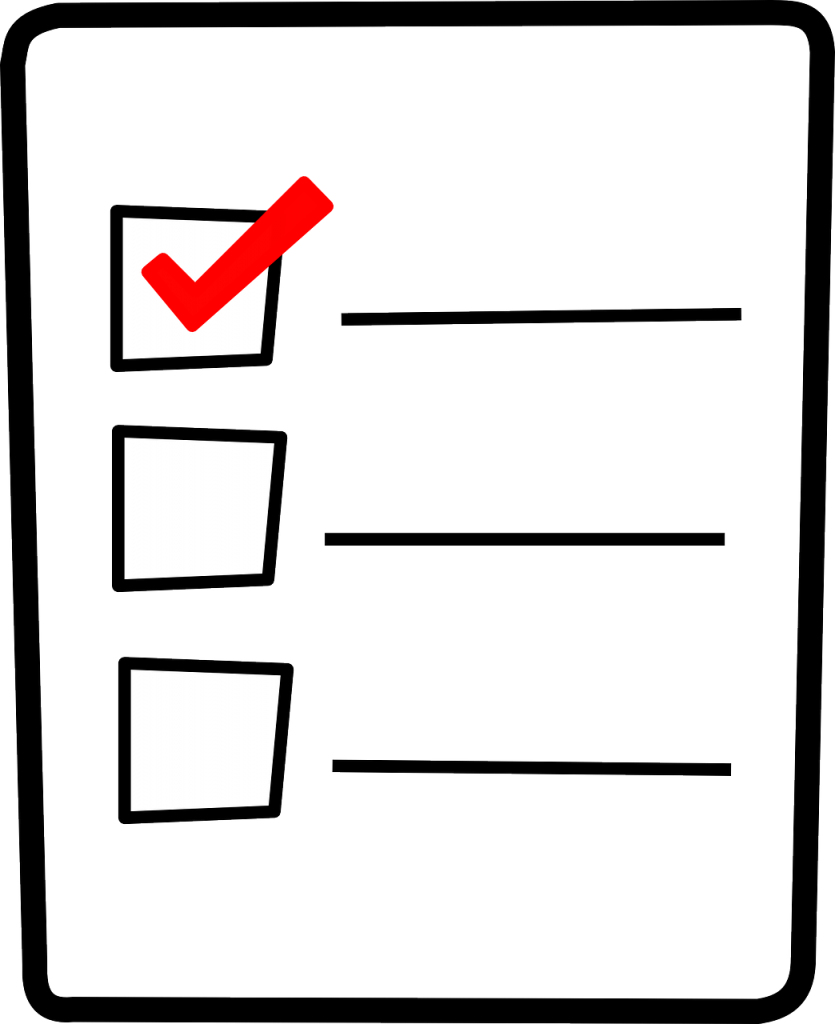Welcome to the third installment of our 5 part series on Innovation Management in State & Local Governments. In our previous blog, Government Leaders Driving Value with Innovation Management, we spoke to the importance of laying out a vision and strategy and equipping leaders with the tools to make innovation efforts a reality. Next we wanted to speak to the importance of ideation, idea collection, selection and improvement, which is collectively known as idea management.
Knowing how and from whom you will source ideas is key to idea management. Some tools in the market can help you with your idea management practices. One of those tools, from our partners at IdeaScale, has helped numerous State and Local governments handle ideas generated by the community at large. City Planning is a particularly ripe area for collaboration, coordination, and ideation with support from citizens. Based on their City Planning whitepaper, some of the areas that they have seen improvements using crowdsourced idea management are:
- Budget Feedback
- Sustainability Solutions
- Arts and Culture Programs
- Additional Volunteer Support
- Neighborhood Renewal
- Aid in City Mapping
- Design Solutions and Suggestions
- City Improvements & Repairs
- Transportation & Transit Ideation
- Utilities Improvements
- Policy Changes
- And more!

Once a healthy list of ideas has been generated, it needs to be determined which may be best for your government or community. It is not enough to just select ideas deemed “best” based on arbitrary weights or measures. An initial selection should be based on alignment with your government’s overall vision and strategy. This alignment should be discussed and weighed within your innovation governance structure, be it an innovation team, board, or any other group. This group should be responsible for a number of additional innovation based governance functions, such as:
- Defining policies, measurements, quality, and controls
- Determining accountable parties
- Identifying ideas
- Resolving issues
- Communication & stakeholder coordination
- Reporting progress and value realization
Next, ideas should be improved by continuing to work and collaborate with partners. At the same time, you should begin to think about options for how the particular idea may be turned into a solution. An assessment of the environment, to include available technologies, should be considered. State and local governments are going to have to assess how to leverage things like cybersecurity and 5G technologies when it comes to their localities. Several technologies could have a dramatic impact on your community, like autonomous vehicles or artificial intelligence.

Besides technology, there are many other factors to consider, such as safety and security implications. Is there chatter at the National level about some form of regulation/deregulation and do you have a plan to accommodate, no matter the final decision? Do you have any processes that could be “innovated” with a reengineering effort or automation? All of these considerations should be explored while developing a compelling business case for your ideas.
According to the Innovations and Emerging Practices in Local Government 2016 Survey Summary Report of Results, “Potential for budget savings was identified by survey respondents as the most significant factor motivating the implementation of new practices or initiatives in their local government, with 92.9% of respondents identifying this as either a significant or very significant factor. This was followed by the potential for increased customer satisfaction (87.6%) and the potential for increased productivity (84.2%).”

No matter the reasons, proper innovation and idea management are becoming increasingly critical to the success state and local governments. To learn more about idea management best practices, follow our blogs at https://everevolving.biz/blog/ or schedule an Idea/Innovation Management Lunch and Learn session with one of our State & Local Government innovation experts.